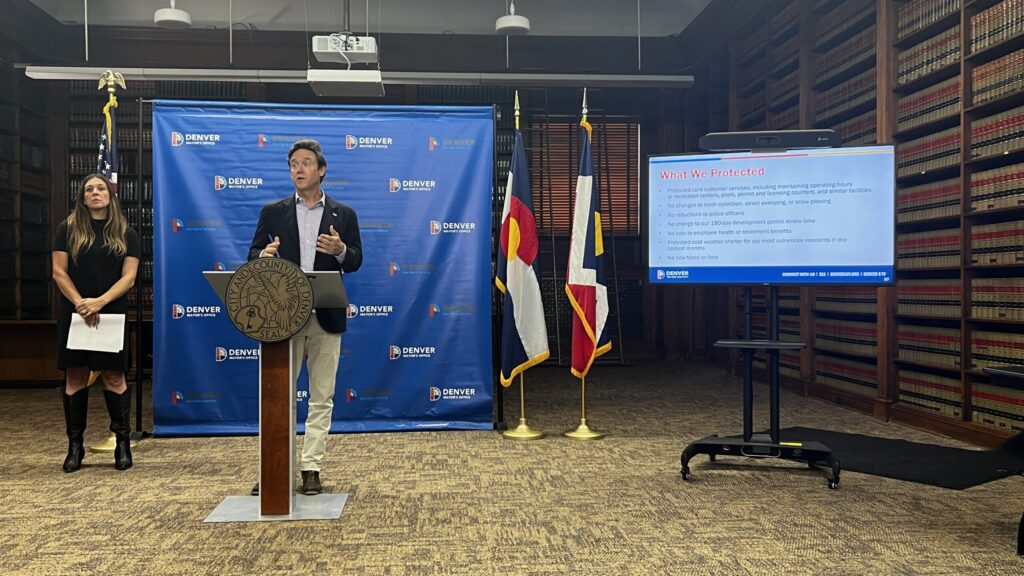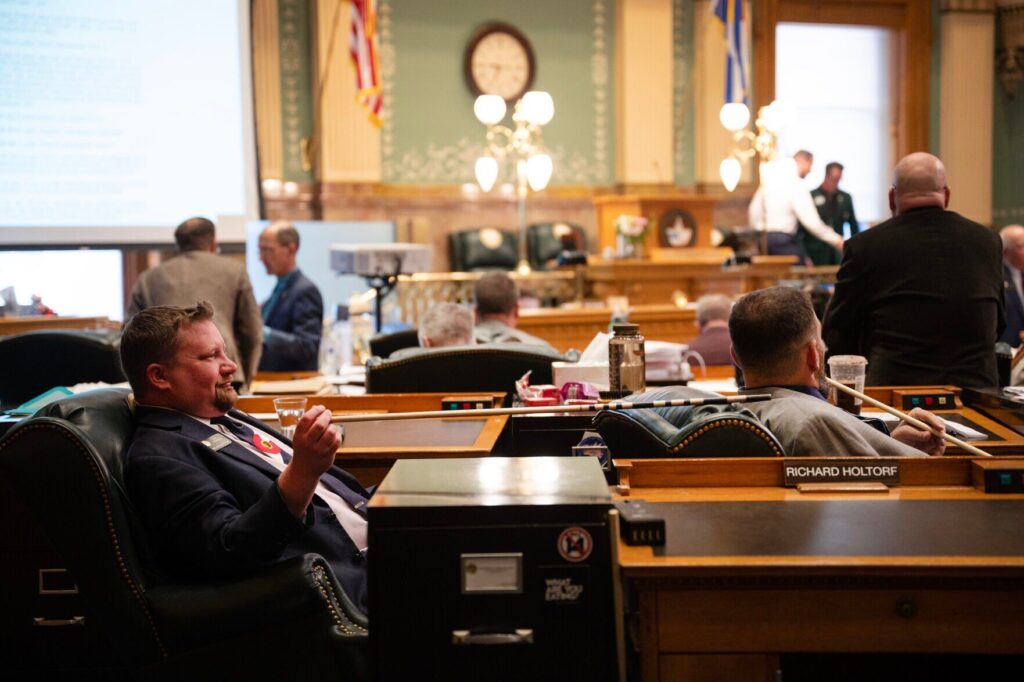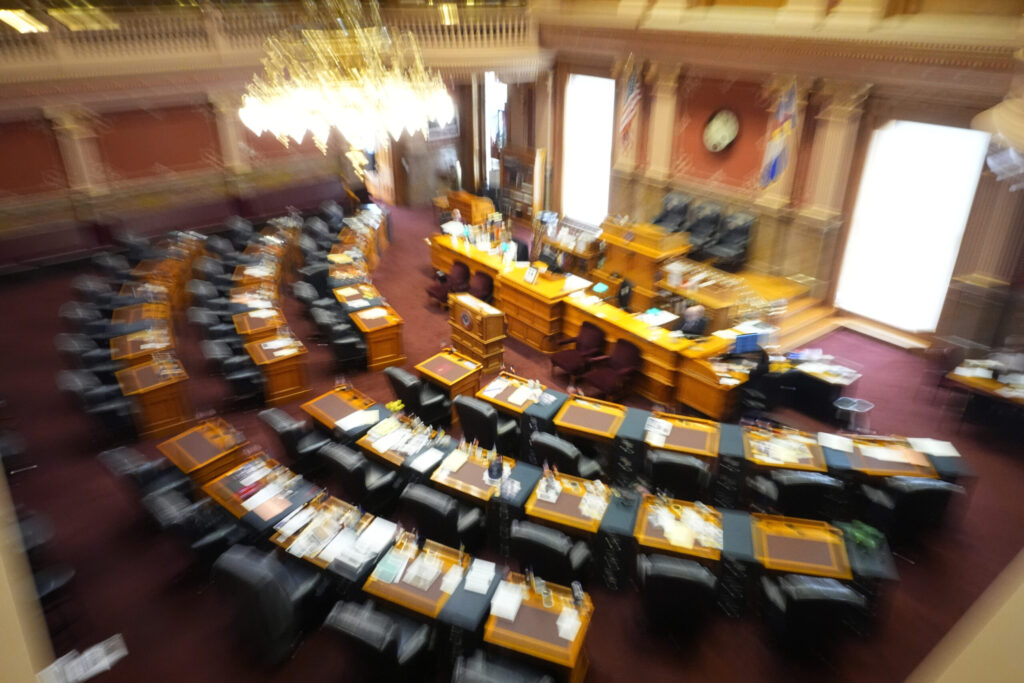Union Station loans to be refinanced
A refinancing plan for the remainder of two federal loans used to build the Denver Union Station project will pay off the loans early and allow the City and County of Denver to dissolve a revenue-raising authority, along with a drop in property taxes for some businesses in the area.
The Denver City Council Finance and Governance Committee sent an ordinance to the full Council that authorizes a loan agreement among Denver, Compass Bank, Compass Mortgage Corp. and U.S. Bank to allow the plan to move forward. It is scheduled for final consideration Jan. 17, with the new loan agreement closing in early February, said Andrew Johnston, manager of financial development.
The city’s chief financial officer, Brandon Hanlon, noted the plan would not change the total debt and has “good benefits” to the city and taxpayers.
The refinancing is attractive because the Union Station development is generating substantial revenues above the project’s projections, Johnston said, with 2017 projected property and sales tax increment revenues at levels originally projected for 2022. The faster pace is due to faster-than-anticipated development and increasing property values.
The Denver Union Station Project Authority, formed by Denver and its partners to coordinate the project and oversee financing, wants to refinance its outstanding loans with the U.S. Department of Transportation’s Federal Highway Administration and Federal Railroad Administration. The authority received two federal loans: a Transportation Infrastructure Finance and Innovation Act loan and a Railroad Rehabilitation and Improvement Finance Program loan.
The authority board includes the five entities – Denver, the Regional Transportation District, Colorado Department of Transportation, Denver Regional Council of Governments and Denver Union Station Metropolitan Districts – that worked since 2001 to plan and develop the multi-modal hub for the regional transit system.
The authority board’s proposal would pay off the loans by creating two new obligations, held one-third by RTD ($95 million) and two-thirds ($191 million) by the city on behalf of the Denver Downtown Development Authority, created by the city in 2008 to use its tax increment financing as allowed under state statute. Other area metropolitan districts pledged additional mill levy funds and RTD pledged $12 million annually from voter-approved sales tax revenue toward payments. The refinancing agreement matures Dec. 1, 2028.
The metro districts collect a 20 mill property tax on residential and commercial properties within its boundaries, which will drop to 15 mills once the refinancing is complete, Johnston said, expected to be in about 10 years. The repayment term for the original loans is 2009 to 2040, with 2038 for the tax increment portion, and the Union Station authority paid a credit risk premium of 18 percent, or $28 million, to the Federal Railroad Administration for that loan.
The city has a contingent commitment, or financial moral obligation, to replenish any draw on the debt service reserve, up to 50 percent of the annual debt service amount. Refinancing will remove that commitment, Johnston noted.
Neither loan has a prepayment penalty and the proposed refinancing simplifies the structure by allocating the existing loan balances between RTD and the city, acting for the DDA, Hanlon explained.
The refinancing will also eliminate reporting requirements and program uncertainty to the federal government and will let the city dissolve the Union Station authority and its annual estimated budget of $250,000. No additional debt or new projects will be added, Johnston said.
The RTD board approved the refinancing plan in December and DDA approval is anticipated Friday, Jan. 6. City Council final approval is scheduled for Jan. 17 and loan closings are likely the first part of February, Johnston said.











